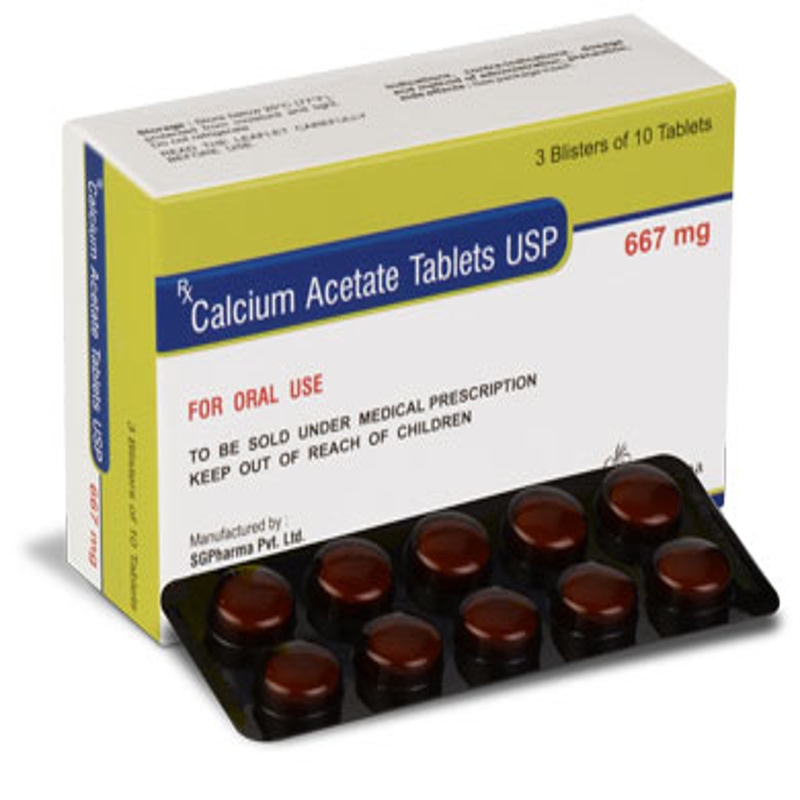-
Categories
-
Pharmaceutical Intermediates
-
Active Pharmaceutical Ingredients
-
Food Additives
- Industrial Coatings
- Agrochemicals
- Dyes and Pigments
- Surfactant
- Flavors and Fragrances
- Chemical Reagents
- Catalyst and Auxiliary
- Natural Products
- Inorganic Chemistry
-
Organic Chemistry
-
Biochemical Engineering
- Analytical Chemistry
-
Cosmetic Ingredient
- Water Treatment Chemical
-
Pharmaceutical Intermediates
Promotion
ECHEMI Mall
Wholesale
Weekly Price
Exhibition
News
-
Trade Service
The level of CYG biosynthesis (RiBi) of MYC-driven B-cell lymphoma increased significantly, providing an opportunity for therapeutic intervention.
it is not clear whether inhibition of Ribi can inhibit the occurrence of lymphoma by reducing translation capacity and/or by activating p53 mediated by the damaged Ribi Checkpoint (IRBC).
In order to determine whether Ribi can be used as a therapeutic target for lymphoma, Domostegui and others have established E-Myc lymphoma cells that express the induced shRNA of ribosome protein (RP) L7a or RPL11, an important component of IRBC.
either RPL7a or RPL11 protein deficiency can reduce Ribi, protein synthesis, and cell proliferation, both of which are consistent.
, however, only RPL7a depletion can induce p53-mediated apoptosis through the degradation of the selective protease of anti-apoptosis MCL1, suggesting that this mechanism has a crucial role in IRBC.
addition, it is surprising that low concentrations of FDA-approved anti-cancer drug linen D (ActD) can greatly extend the carrying of Trp53. The survival of mice with E-Myc lymphoma did not affect the carrying of Trp53-/-; The results provided the basic principle for treating MYC-driven B-cell lymphoma with ActD in mice with E-Myc lymphoma.
important, the molecular effects of ActD on E-Myc cells can be reproduced in human B-cell lymphoma cell line, highlighting the potential of ActD for the treatment of p53 wild lymphoma.
, the study showed that RCOs biosynthetic disorders can lead to p53-mediated apoptosis and myC-driven lymphoma degradation, independent of protein synthesis lesions.
the 19th nuclear glycosome biogenesis checkpoint can trigger an anti-apoptosis form of protease selective degradation of MCL-1.







